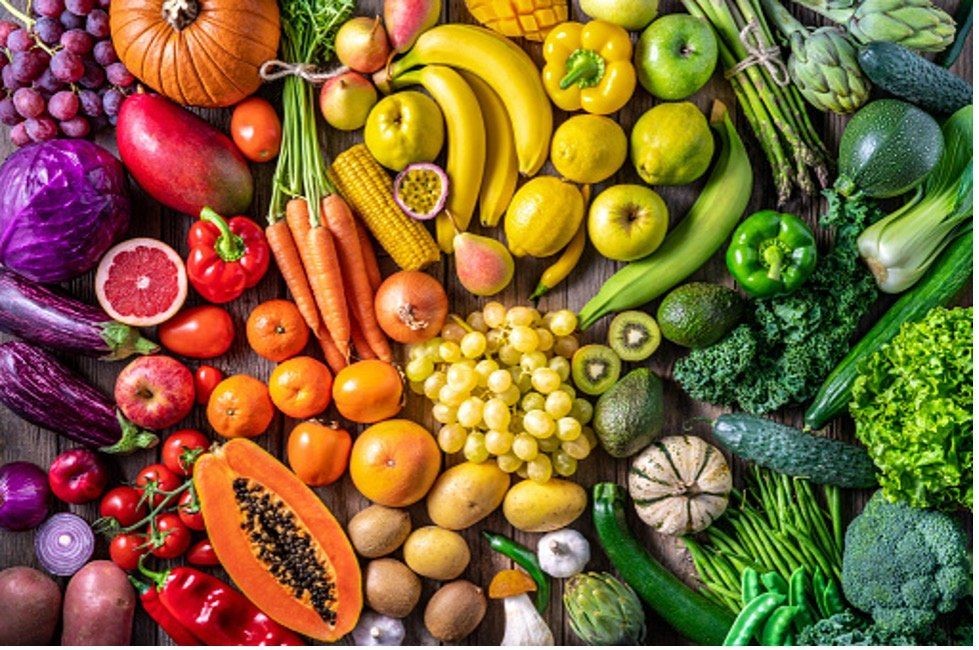2022 TOP 10 BLOG
The United Nations Food Systems Summit: the Milestone, the Fallout, and Looking Ahead
VJEL Staff Editor: Mackenzie Bindas
Faculty Member: Laurie Beyranevand

While the food system has not often been prioritized by policymakers in discussions related to climate change, we are beginning to see signs of change. Experts have acknowledged that even if emissions from fossil fuels were eliminated completely, global food system emissions could prevent the world from meeting the Paris Agreement’s goal to hold global warming below 1.5 or 2 C. Currently, agriculture accounts for half of all global methane emissions with a significant percentage coming from livestock production. Food waste — an unnecessary contributor to emissions – contributes 8-10% of global anthropogenic emissions. The food system is also severely impacted by climate change – its adverse effects directly impact food production, distribution, food quality and safety, and consumption creating pressure on land and water resources. Compounded by the impacts of the COVID-19 pandemic, the global food system is in crisis.
Until recently, international platforms rarely included the food systems on their agendas. If they did, the focus was on isolated aspects of food and agricultural production. Following the 2015 Paris Agreement, there was a distinct focus on stabilizing the food system, addressing food security and hunger, and mitigating the harmful impacts of climate change. International organizations and policymakers across the globe have begun to recognize the importance of developing policies to both mitigate and adapt to climate change to ensure a sustainable food supply. This is clearly demonstrated by the fact that the United Nations held the first-ever UN Food Systems Summit (UNFSS) in September 2021 as part of a “Decade of Action” to achieve the UN’s Sustainable Development Goals (SDGs). The Summit focused specifically on the food system given its fragility, tremendous impact on human life, and nexus to so many of the SDGs. In the lead up to the UNFSS, national governments engaged in integrated food systems dialogues across agencies, departments, and stakeholder groups to identify key challenges and create national policies for sustainable food systems. The UNFSS was severely criticized for failing to provide stakeholders with an inclusive and democratic platform, however, one major outcome of the Summit is the raised profile of the food system in policy conversations related to climate and the global urgency for comprehensive policymaking. UN Secretary-General António Guterres said it best, “UNFSS leads the way to food systems that can drive the global recover…For people. For the planet. And for prosperity.”
UN Secretary-General António Guterres said it best, “UNFSS leads the way to food systems that can drive the global recovery in three different ways. For people. For the planet. And for prosperity.” UNFSS was announced in 2019 by Guterres stating the threat to food systems is increasing and it is time to address these issues. The Summit was promoted as the “people’s” Summit, meaning everyone can participate, like civil society, small businesses, and farmers. The Summit was meant to share the progress towards achieving the SDG’s by showing the connection of food systems to global challenges.
At the UNFSS, countries announced their commitments to improve their food system and gain progress in achieving SDGs. Domestically, the United States’ committed $10 billion to “systems level change” to address the needs of those most vulnerable. Additionally, US leaders updated the Global Food Security Strategy, which presents an integrated whole-of-government strategy and agency-specific implementation plan, and launched the Global Coalition on Sustainable Productivity Growth for Food Security and Resource Conservation which requires members to commit to sustainable growth using a “holistic approach that considers impacts and tradeoffs among multiple objectives, including as appropriate, objectives related to food security, nutrition, food affordability, farmer and farm worker incomes, climate change adaptation and mitigation, and resource conservation.” While overarching commitments and strategies are not the same as laws and policies, they pave the way for coordinated, strategic, and holistic planning for the food system that may ultimately be formalized into enforceable laws and regulations.
Other countries have made similar commitments which, if implemented, could result in significant climate impacts. The Summit is part of a larger global trend that signals a fundamental shift in governance toward strategic consideration of food system challenges with responses informed by impacted stakeholders and targeted at holistic consideration of the impacts and tradeoffs associated with solutions which can ultimately serve as pathways to sustainable food systems.

